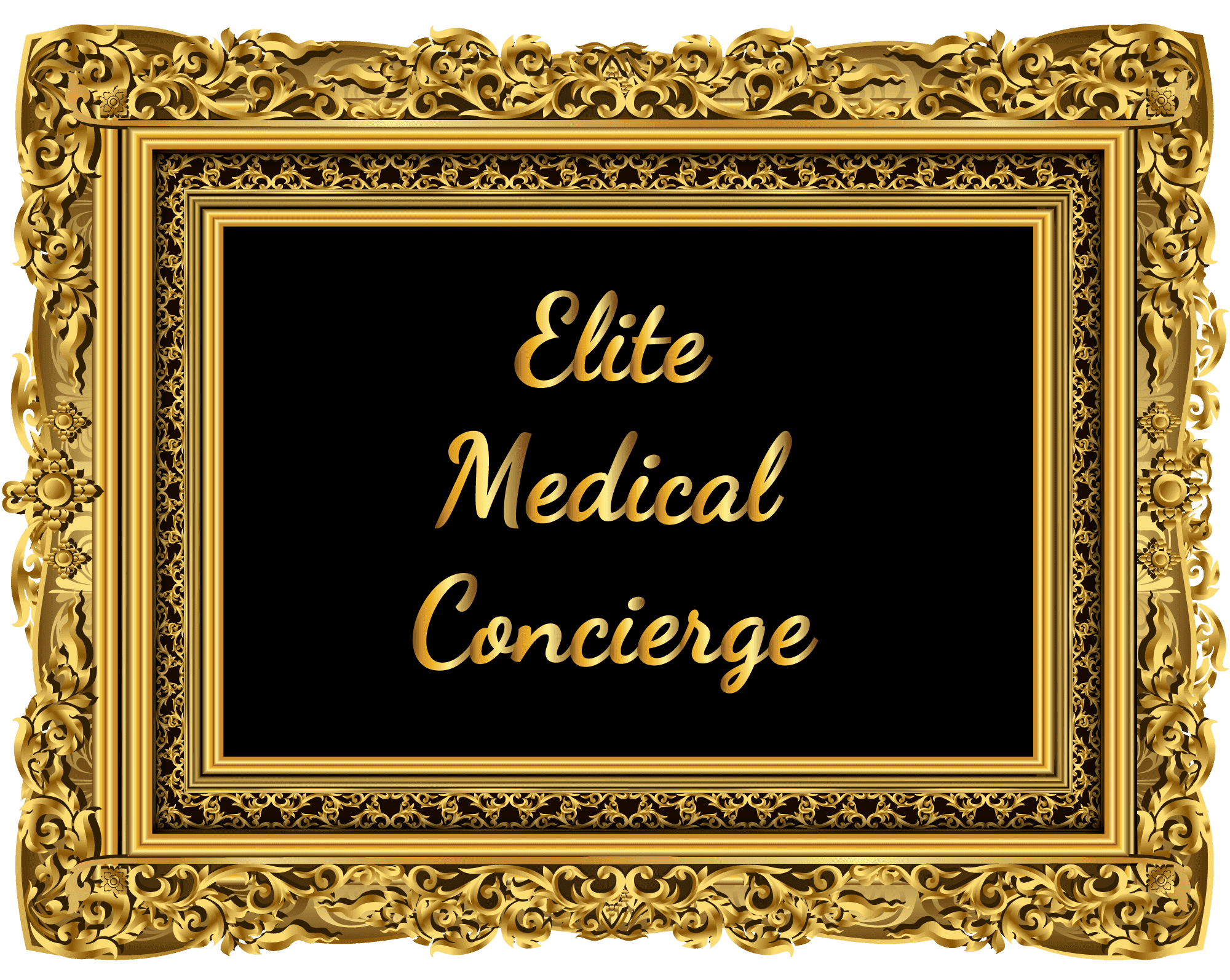Top 5 Signs You’re Ready to Break Up With Traditional Healthcare
In today's fast-paced world, many individuals are reevaluating their relationship with traditional healthcare. As we seek more personalized, accessible, and efficient options, it’s essential to recognize the signs that indicate it might be time to break up with conventional healthcare practices. Here are the top five signs that suggest you’re ready to make a change.
Breaking up with traditional healthcare can be a daunting decision, but it can lead to a more fulfilling and effective healthcare experience. Trust your instincts and prioritize your health and well-being. Remember, the goal is to find a healthcare approach that empowers you and supports your journey toward optimal health.
1. Frustration with Long Wait Times
If you find yourself spending more time in waiting rooms than actually seeing a healthcare provider, it may be a sign that traditional healthcare isn't meeting your needs. Long wait times can lead to unnecessary stress and can deter you from seeking the care you need. Consider how much time you invest in waiting versus receiving care, and if this imbalance is affecting your health outcomes.2. Lack of Personalized Care
Feeling like just another number in the system? If your healthcare provider doesn’t take the time to understand your unique health needs and preferences, it might be time to explore alternatives. Personalized care is crucial for effective treatment and overall satisfaction. Look for providers who take a holistic view of your health, considering your lifestyle, history, and personal goals.3. Limited Access to Information
In the digital age, access to health information should be at your fingertips. If your healthcare provider is not utilizing technology to keep you informed about your health, treatments, and options, consider looking for a more tech-savvy alternative. The ability to access your medical records, communicate with your provider online, and receive educational resources can significantly enhance your healthcare experience.4. Rising Costs
Healthcare costs can be overwhelming. If you’re constantly worried about bills and insurance coverage, it may be time to seek out more affordable healthcare solutions. Many alternative options can provide quality care without breaking the bank. Investigate community health centers, telehealth services, or direct primary care models that may offer more transparent pricing and lower costs.5. Desire for Holistic Approaches
If you’re interested in a more holistic approach to health that considers your physical, emotional, and mental well-being, traditional healthcare may not align with your values. Exploring integrative medicine or alternative therapies could be the right path for you. Look for practitioners who emphasize wellness, prevention, and the interconnectedness of body and mind.Making the Transition
Recognizing these signs is the first step toward finding a healthcare solution that works for you. Here are some tips for making the transition:- Research alternative healthcare providers in your area to find those who align with your values and needs.
- Ask for recommendations from friends or family who have had positive experiences with alternative healthcare options.
- Schedule consultations to find a provider that aligns with your needs, ensuring they listen to your concerns and preferences.
- Evaluate the costs and services offered by different options, comparing them to your current healthcare expenses.
Breaking up with traditional healthcare can be a daunting decision, but it can lead to a more fulfilling and effective healthcare experience. Trust your instincts and prioritize your health and well-being. Remember, the goal is to find a healthcare approach that empowers you and supports your journey toward optimal health.

A Deeper Look at Personalized Health Management Plans and Preventive Care Through Concierge Services
Discover how personalized health management plans through concierge services can transform your healthcare experience, enhancing preventive care and improving patient outcomes tailored just for you.










